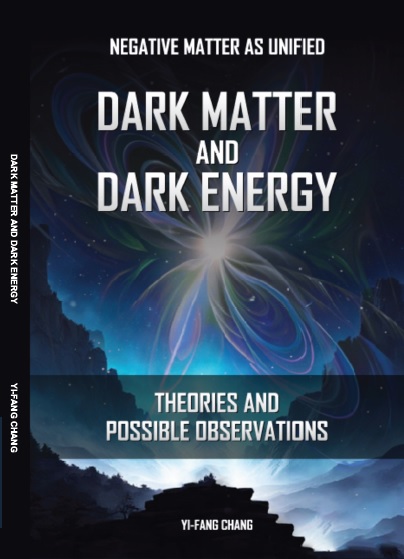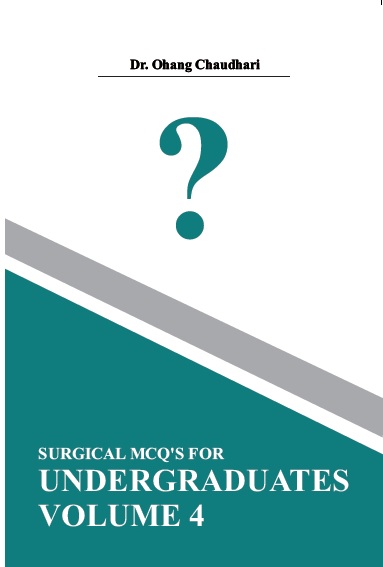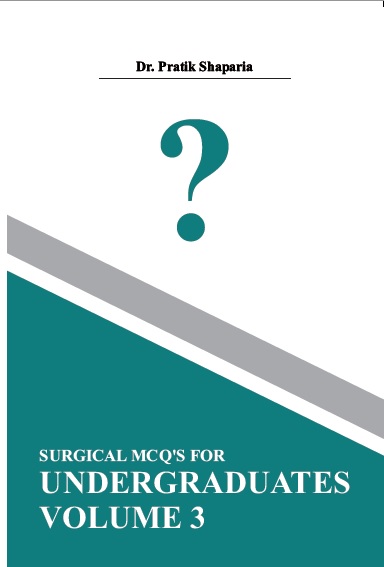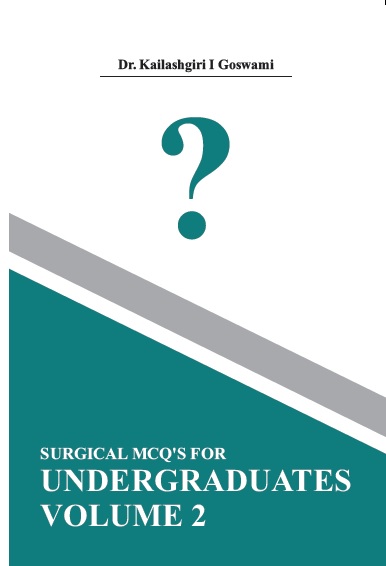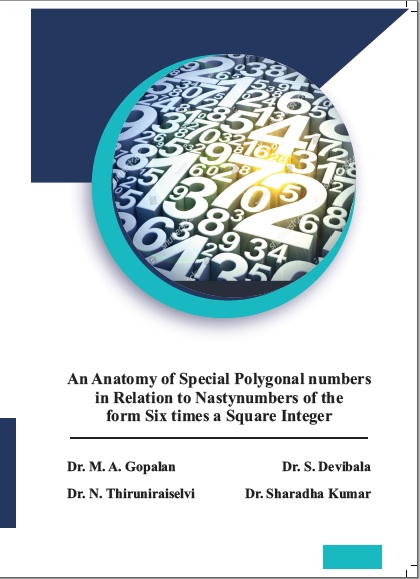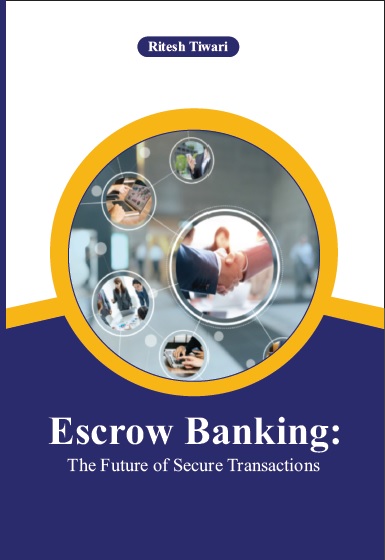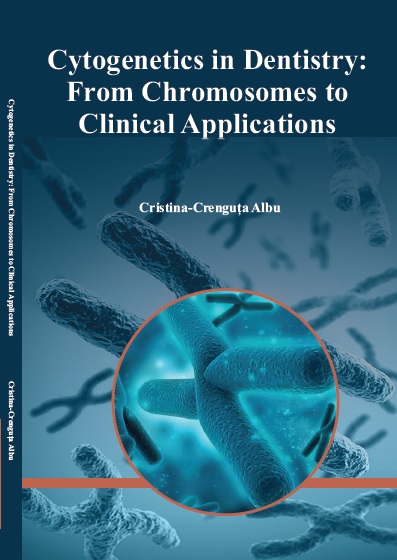SCIENCES AND ENGINEERING
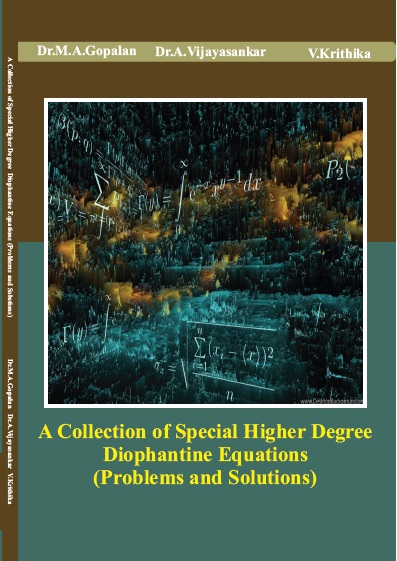
A Collection Of Special Higher Degree Diophantine Equations (problems And Solutions)
by Dr. A.Vijayasankar
ISBN Number : 978 - 81 - 937870 - 9 - 0
Authors Details
| Author Name | Image | About Author |
|---|---|---|
| Dr. A.Vijayasankar |  |
Dr. A.Vijayasankar is currently Assistant Professor of
Mathematics at National College, Tiruchirappalli. He has taught
Mathematics for nearly two decades. His research interest is
solving Diophantine equations. |
| Dr. M.A. Gopalan | 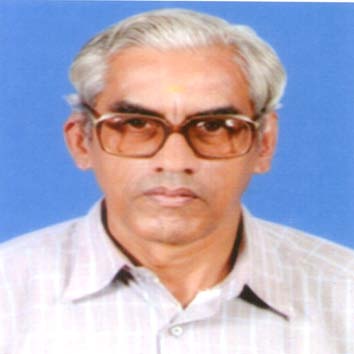 |
Dr. M.A. Gopalan is currently Professor of Mathematics at
Shrimati Indira Gandhi College, Tiruchirappalli and has taught
Mathematics for nearly three decades. He is interested in problem
solving in the area of Diophantine equations and Number patterns.
He serves on the editorial boards of IJPMS and IJAR and a life
member of Kerala Mathematics Association. |
| V.Krithika |  |
V.Krithika is research scholar in department of Mathematics at
National College, Tiruchirappalli. Her area of interest is solving
Diophantine equations in various disciplines. She has published
19 papers in National and International journals. |
Book Description
Every post graduate and researcher in Number Theory is familiar with the subject of Diophantine equations. A Diophantine equation is a polynomial equation in two or more unknowns with integer coefficients are required. The Diophantine equation offer an unlimited field for research by reason of their varieties. There is a vast general theory for quadratic equation in many variables, cubic equation in two variables fall into the theory of elliptic curves. A lot is known about equations in two variables of higher degrees. There is no universal method available to know whether a Diophantine equation has a solution or finding all solutions if it exists. There are hundreds of unsolved problems posed as Diophantine equations to be solved in integers in number theory. Number theory has several branches and each branch has its own history and they deserve special recognition. The history of number theory can be divided into three parts, progress of number theory before Christian era, its development in the next 1500 years and from sixteenth century to present the Modern Era in the subject begins with Pierre de Fermat (Generally acknowledged to be the father of modern number theory). This book contains a reasonable collection of diophantine equationsof degrees five, six, seven and eight in three, four, five and six variables expressed as polynomial equations to be solved in integers. Different sets of integer solutions to each of the problems considered in this book are illustrated along with a few interesting properties among the integer solutions. The authors wish that seeing the excitement of solving these higher degree diophantine equations, young mathematicians and researchers realize that there are many other problems in number theory which are going to be challenging in the future. “ To succeed, we must first believe that we can, the more you can dream, the more you can do “ as remarked by Michael Korda.





